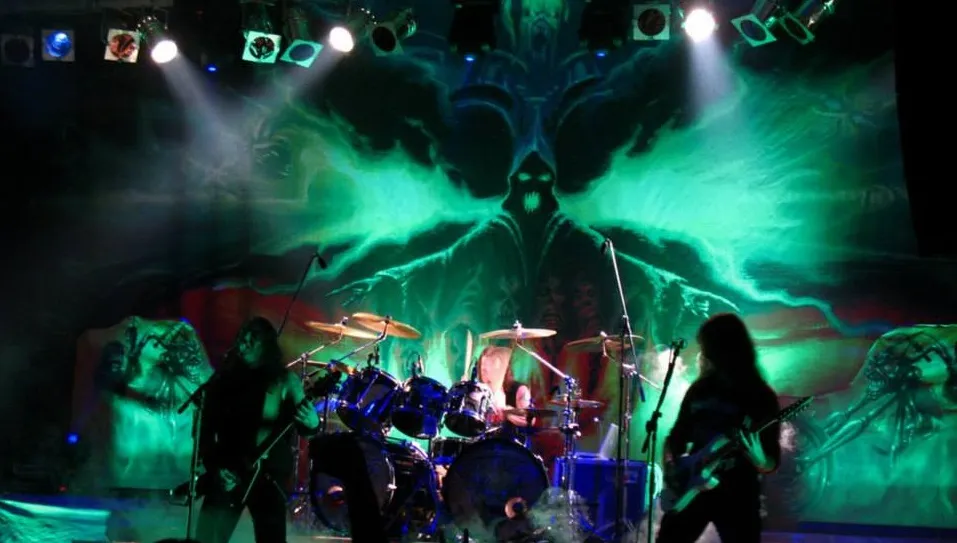My previous post was about music, now I will continue with the same topic but from different angle.
Music was a part of human lives from the very beginning of development of human race. It served different purposes in the past but as the humans developed, so is the use of music.
When I talk to my pupils about music, first thing I say is that music does not exist in objective world, one that surrounds us. Then they look at me like I.m a mental patient :) Then I explain that music is just the way our brain process signals that are coming from air waves into our ears; it exists only in our subjective experience, as other things like colors or tastes.
It is said that nothing can be made out of thin air, well, music can ;)
Music was a part of my life as far as I can remember, always liked to listen something. For me there are no much debates about it, only two kinds of music: one that I like and one that I don.t like :). When I say music, I mean lyrics also; instrumental music is projective, you can imagine whatever (if already not in context given by author) but with music with lyrics it is important to know what txt is about bcs it gives half of the message.
For different occasions, different moods and emotions, I have song(s) associated; there was a period in my life when I replied to people by quoting some song. Music is life, life is music :)

photo taken at the concert more than a decade ago :)
Our lives would look a lot different if there was no music, seen as an art itself or as a part of some other art. Just imagine horror movie without music :)
Or as a part of scientific researches :)
Speaking about scientific use of sounds, decided to share some of many interesting that i have found.
First example is about using soundscapes to understand ecosystem health. Bernie Krause is a soundscape ecologist, considered a pioneer in the field of ecoacoustics and trained composer. He says that ecosystems are like orchestras; by analyzing sounds that are coming from it, trained person can make a lot of conclusions about what is happening in some ecosystem.
Sonification is a process of turning different sort of data into sounds /music. For example, sonified data about cyclones could give predictions about how they will behave in near future.
This is how pulsar sounds.
This is how two black holes collision sounds.
Cosmos sounds are amazing, scary and nice at the same time :)
Psychology professor Bruce Walker developed a sonification to help doctors diagnose melanoma.
And many more, for all those hating numbers, equations, graphs and other images, let us play some music while developing science :)
Now one example in fav domain - psychology, on this interactive map. It is made after research that was suppose to give answers to questions: What is the taxonomic structure of the subjective experiences that music evokes? How do people represent their experiences when hearing music? To what extent are these processes consistent or variable across cultural groups?
Music is, like facial expression, universal language. Take a survey and check for yourself how much you agree with given results :)
Then, there is musicoteraphy for different kinds of mental and even physical states; it activates memories, emotions, and different regions of the brain.
Music is the last thing we forget, musical memories can survive even when amnesia and dementia have damaged the brain.
Will end here with this touching video of the Ballerina with Alzheimer’s listens to Swan Lake and starts to remember.
Please fell free to share interesting stories and facts about music in the comments.
